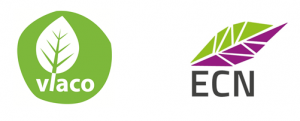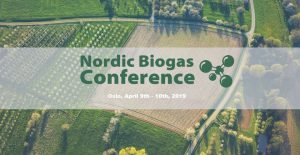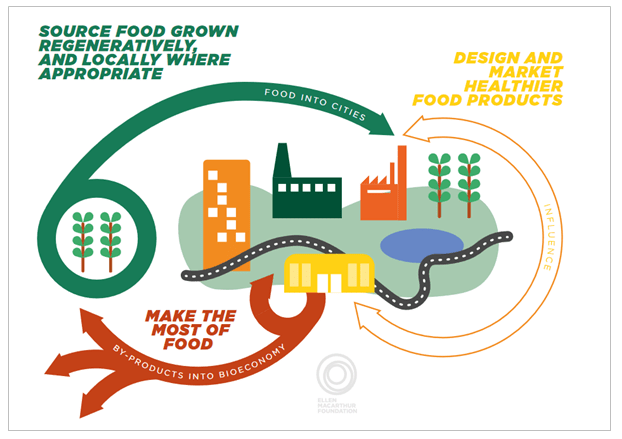|
Please register and take part in the ECN workshop: 'Marketing tailor made compost and digestate-based products' on 25 February during the World Resource Forum.
To increase the market potential for bio-based products it is necessary to look continuously at improving the existent compost and digestate quality and expanding the range of compost and digestate (-based) products.
With this workshop ECN and Vlaco would like to bring together stakeholders from the waste, agricultural and growing media sector, policy makers and researcher to introduce products with added value for the agricultural, landscaping and horticultural market. They will demonstrate how environmental benefits from organic recycled products can be taken into account with a new set-up CO2 calculation tool.
If you have not yet registered now is the perfect time to do so! Registrations for the workshops and visits are on a first come first served basis.
Registration for the World Resource Forum 2019 and further information here.


ECN session on Biofertilizer and Digestate during the Nordic Biogas Conference 2019
During the NBC 2019 ECN is organising the session 'Biofertilizer/Digestate: Securing the whole value chain. How to turn digestate from a cost to an asset?' on 9th April 2019 (1:30 pm - 2:45 pm).
Besides this several interesting events will take place in Oslo:
The detailed programme is avaliable here and further information about registration is available here.


Ellen MacArthur Foundation
Cities and Circular Economy for Food
The Ellen MacArthur Foundation launched its Cities and Circular Economy for Food report on Thursday 24th January 2019 at the World Economic Forum Annual Meeting in Davos.
The report highlights the enormous environmental and health damages caused by the linear nature of how we produce food and manage waste and by-products. The report findings brings to light how even when trying to make healthy food choices, people’s health is put at risk because of the way food has been produced. The report offers a vision for a regenerative food system based on the principles of the circular economy, in which cities play a major role as a driver for change.
Three main ambitions emerge:
- source food grown regeneratively, and locally where appropriate;
- make the most of food (use by-products more effectively, prevent waste);
-
design and market healthier food.

These three ambitions will have greater impact if pursued simultaneously and by 2050 could unlock overall benefits worth USD 2.7 trillion a year. These take the form of environmental improvements including a reduction in greenhouse gas emissions of 4.3 billion tonnes CO2 equivalents, a reduction in health costs associated with pesticide use of USD 550 billion, along with other health benefits, and an economic opportunity for cities to reduce edible food waste and make better use of food by-products, worth USD 700 billion.
The full report can be downloaded here.
|